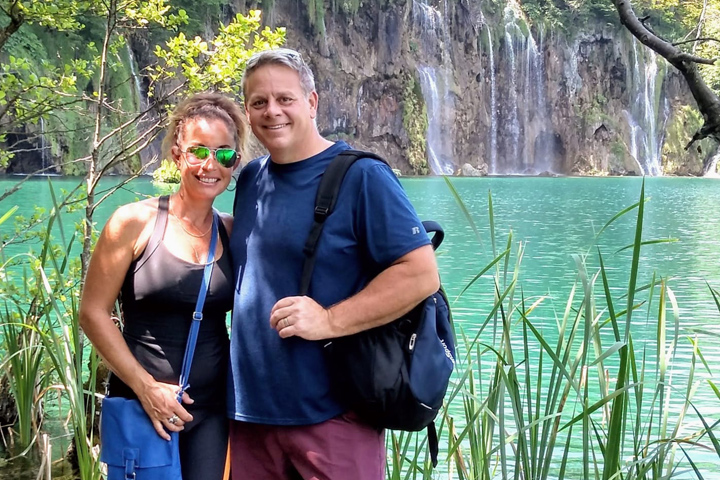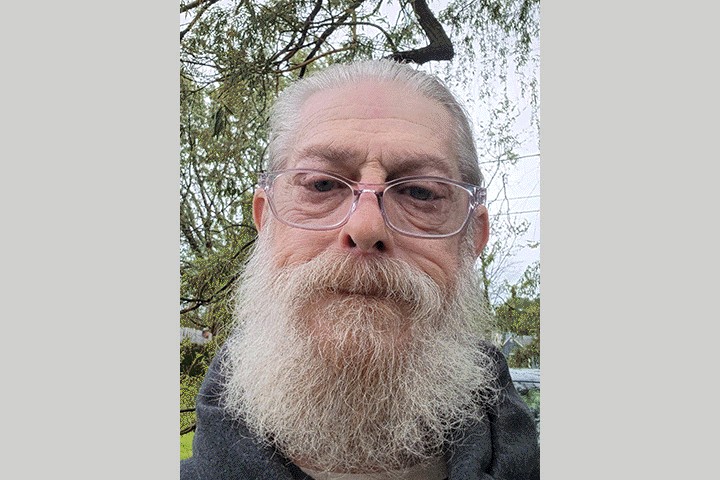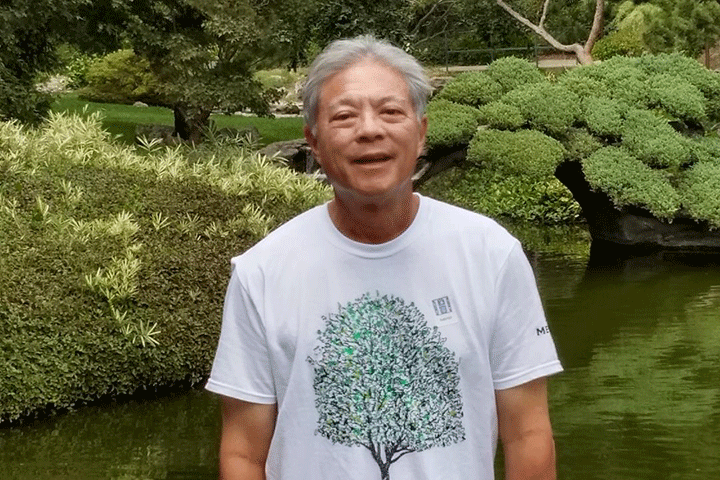Pancreatic Neuroendocrine Tumor Caught By Chance

- Imaging for another health issue finds pancreatic neuroendocrine tumor
- Surgery recommended
- Laparoscopic surgery removes the tumor
I was having imaging for an abdominal issue in the fall of 2017 when the doctor noticed a tumor on my pancreas.
After an endoscopic needle biopsy of the tumor I found out that I had a pancreatic neuroendocrine tumor (PNET). I had no symptoms related to the tumor, and in fact the tumor was caught very early, at stage I. My wife and I traveled a lot, and this news completely threw me. My doctor told me I needed surgery to remove the tumor.
Finding the Right Surgeon
The first surgeon I saw in Pittsburgh explained that he always had blood on hand for transfusions in case it was needed. That was a problem for me because I wanted surgery where transfusion is not considered an option. He was willing to try it without the blood but I decided to do some research.
As I was looking at other options, a friend recommended the Institute of Patient Blood Management and Bloodless Medicine and Surgery at Englewood Health in Englewood, New Jersey. There I met Dr. Steven Brower, an expert in both pancreatic surgery and bloodless surgery. Although my tumor was in a tricky location, he and his team of radiologists planned a laparoscopic operation for me that would leave much of my pancreas intact. The surgery was set for September 2018 and went exactly as planned. Dr. Brower had a closed-circuit system set up to recycle my blood in an autotransfusion if needed, but it wasn’t. My recovery was good and I was back home in Pennsylvania after four days.
Life After Surgery
PNET is much more treatable than the much more common adenocarcinoma. And I was very fortunate to have the cancer caught and removed in its very early stage. It was still a big emotional upheaval for me. I still have regular check-ups for pancreatic cancer but I am happy.






